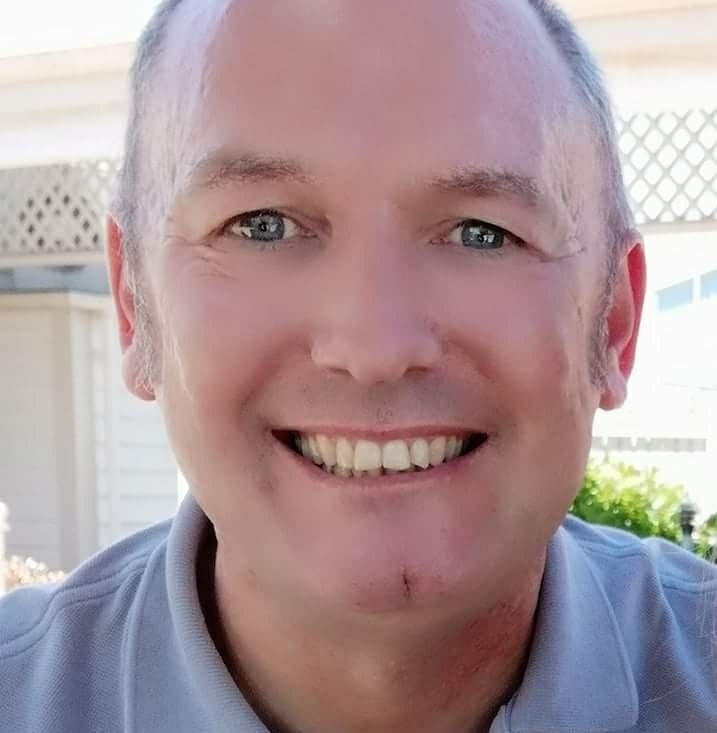The Power of Emergency Savings: Your First Step to Financial Confidence
If the last few years have taught us anything, it’s that life can spring a surprise at any moment. Whether it’s a sudden car repair, an unexpected medical bill, or a household emergency, those moments hit hardest when you're living pay-to-pay.
That’s why this Money Month, Sorted NZ is calling on all Kiwis to build financial resilience with one habit: an emergency savings fund.
Why an emergency fund matters
This August, Sorted / Te Ara Ahunga Ora leads Money Month with a powerful message: emergency savings build resilience and confidence.
Why? Well according to their latest report
44% of New Zealanders don’t have any emergency savings, leaving many stretched when something unexpected happens . Yet those who started an emergency fund in the last three months are nearly three times more likely to feel optimistic about their future, 64% feel confident, compared to just 22% . With that cushion in place, only 35% of people with a fund report living pay-to-pay, versus 64% without one .
A financial buffer doesn’t just mean having a rainy-day fund. It means being ready to absorb unexpected shocks, like sudden bills without resorting to debt. There are so many surprising things that can have you paying out in a hurry.
Plus It builds mental and emotional strength, empowering you to focus on goals rather than “what ifs.” Those with an emergency fund are more likely to feel financially confident and be able to stay in control of daily money decisions.
Small steps build life-changing habits
You don’t need a big stash to start. Even setting aside $1–$10 per week can form a solid habit that compounds over time. It’s consistency, not the size of the deposit, that truly matters.
And once you feel that safety, your peace of mind instantly improves.
Start simple and start today. Use Sorted’s free tools like the savings calculator, budget planner, or goal planner to get started at your own pace. Plus here's a few tips from us to begin:
-
Set a realistic goal for your fund - Saving $500 to $1,000 can provide a crucial buffer against minor emergencies and is a significant step towards financial stability. But if that feels out of reach, overwhelming and demotivating then set an amount that feels achievable for you.
- Set a Clear Criteria for using it - This can be difficult to define but important to ensure that its not being used too regularly so that when an unexpected expense occurs there is money there to cover it. Be disciplined.
-
Choose where you are going to keep your savings – Open a separate account and it should be easily accessible but separate from your daily spending money as you need this money to be safe and readily available. Give it a dedicated name as it may be easier to resist the temptation of dipping into it for non emergencies.
-
Start small – Anything from $1 to $10 a week is progress. The key is consistency. If you can find more ways to reduce your debt or monthly outgoings then aim to increase this amount over time.
-
Automate it – Set it up on payday so saving happens without thinking. And pay into it first before any other discretionary expenditures.
- Take advantage of your member discounts to recoup costs and save smart - Any dollar saved from your Member Benefits Program could go straight into your fund.
Keep in mind that any amount of you can save is better than none. No matter where you’re at on your emergency savings journey, it’s always worth making it a priority.
Why it matters—and how to keep going
Building an emergency fund isn’t just savvy finance—it’s caring for your future self. It’s about reducing stress, gaining confidence, and saying “I’ve got this,” when life throws you a curveball. And with tools, events, webinars, and community support this Money Month, you’ve got both the opportunity and the encouragement to get started—for yourself and your whānau.
Remember:
- Emergency savings make us resilient, no matter what.
- The more money you save, the less you’ll need to borrow in a hurry.
- Credit cards or overdrafts aren’t a good financial safety net, since they run up debt.
- Setting aside emergency money together as whānau or friends can be powerful.
Take the first step this August. Small steps, big impact.
References
-
Retirement Commission – Money Month 2025 Partner Guide
Money-Month_Partners-guide_2025.pdf -
Retirement Commission – Money Matters 2025: The Power of Emergency Savings
The-Power-of-Emergency-Savings.pdf -
Sorted NZ – Money Month 2025 Campaign Page
https://sorted.org.nz/money-month-2025 -
Sorted NZ – Free Money Month Events
https://sorted.org.nz/free-money-month-events

Written by: Alan Sharpe
Alan is a key member of the HealthCarePlus leadership team. With over 30 years experience in marketing and customer service roles he is a passionate advocate for the union movement and HealthCarePlus’s mission to create real, lasting value for their members
Leave a comment